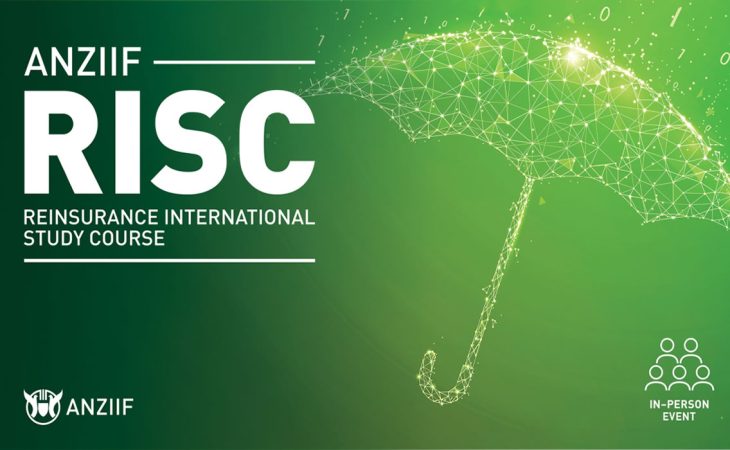- +254 723 334 408 | +254 20 6530298
- Brunei House, 3rd Floor, Witu Road off Lusaka Road
- info@iiea.co.ke

Join the RISC cohort for 2025 – are you ready to advance your career and become a trusted professional for all matters involving reinsurance?
As the insurance industry continues to operate within an era of global interconnectedness, the need for insurance professionals with a broad, international perspective becomes increasingly crucial. The Insurance Institute of East Africa distinguishes itself by recognizing and addressing this demand, offering a range of international opportunities that position its students as global leaders in the field. Through strategic international collaborations, thoughtfully designed exchange programs, and exposure to diverse insurance markets, the institute goes beyond traditional education boundaries, ensuring its graduates are not just well-prepared but stand out on the competitive stage of global insurance.
Through our international collaboration with the Australian and New Zealand Institute of Insurance and Finance (ANZIIF), we enable and facilitate insurance professionals from the region attend the annual International Reinsurance Study Course (RISC). The annual 4-day Reinsurance International Study Course (RISC) is widely considered the best reinsurance training course in the Southern Hemisphere.
This intensive learning program is led by some of the industry’s senior experts and combines hands-on syndicate group work, expert presentations, knowledge sharing and team building activities. Participants can immediately apply their learning to real-life scenarios including designing and testing the optimal reinsurance program.
This year’s event will be held on Sunday, 10 – Wednesday, 13 August 2025 at Hawkesbury Valley, New South Wales
What Makes RISC Unique?
At the conclusion of RISC, participants should be able to demonstrate proficiency in five key areas:
In addition to learning about reinsurance, participants who attend RISC have the opportunity to build meaningful professional relationships that last well beyond the course.
For more information and to register for this event contact us by e-mail using info@iiea.co.ke
15 CPD Points
Venue: Crowne Plaza Hawkesbury Valley,
61 Hawkesbury Valley Way, Windsor NSW
2756, Australia
Date: Sunday, 10 – Wednesday, 13 August 2025